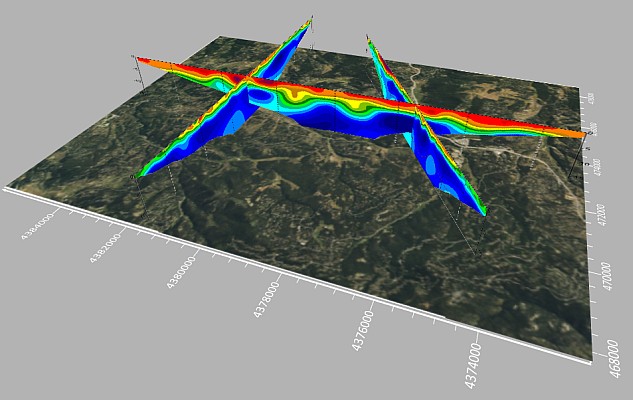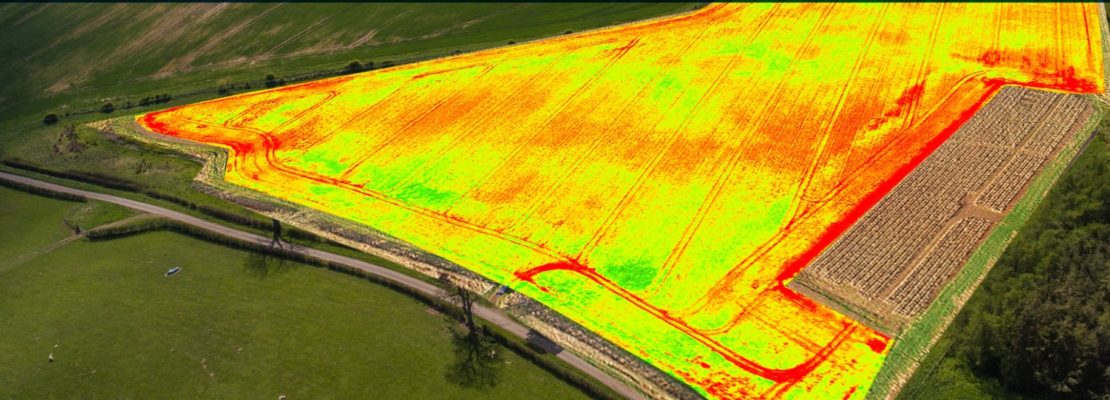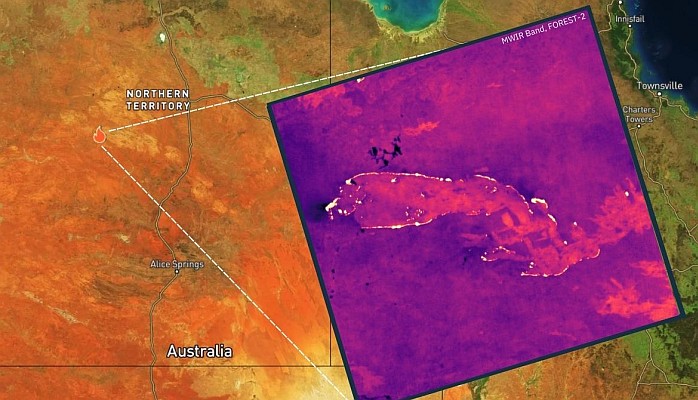Win a trip to the GIS-Pro & NWGIS 2015 Conference!
The GeoTech Center and URISA are pleased to announce the 2015 Undergraduate Geospatial Technology Skills Competition! The intent of the competition is to showcase the geospatial technology skills of U.S. undergraduate students. Competing students will create a project that utilizes geospatial technology to address a real-world problem. The student will then present the project and the resulting deliverables as a video (approximately 10-15 minutes in length) which not only highlights their use of geospatial technology, but also demonstrates their communication and presentation skills. As Rodney Jackson, Dean of Business, Engineering & Technical Studies at Davidson County Community College states: “The ability to provide a competition for students to demonstrate their geospatial competency to industry partners, within the context of a national conference, has significant value within their educational experience.” More details to follow in the coming months; updates will be posted to the competition website. 
Eligibility:
Students who are at least 18 years old and currently enrolled during Spring 2015 in a geospatial technology course (e.g., geographic information systems, remote sensing, or GPS/GNSS) or geospatial technology program at an accredited 2-year or 4-year U.S. institution are eligible to enter. Questions regarding eligibility can be directed to either Tom Mueller at mueller@calu.edu or Scott Jeffrey at sjeffrey@ccbcmd.edu. One entry per student and only individual student submissions allowed (no group projects).
Judging:
Entries will be due by Friday, June 12, 2015 and will be judged by a panel of experienced geospatial specialists. The combined scores from all judges will determine the top five (5) student finalists. These finalists will win an all-expense-paid trip to the GIS-Pro & NWGIS 2015: Geography at the Nexus of Collaboration international conference in Spokane, WA on October 18-22, 2015, where they will be required to present their project. Judges will then determine the competitors’ final place ranking. It is anticipated that three (3) of the student finalists will be from two-year colleges and two (2) from four-year institutions. The exact split will depend upon the number of students who enter the competition and the quality of the work submitted (judges also reserve the right to invite fewer than five student finalists).






